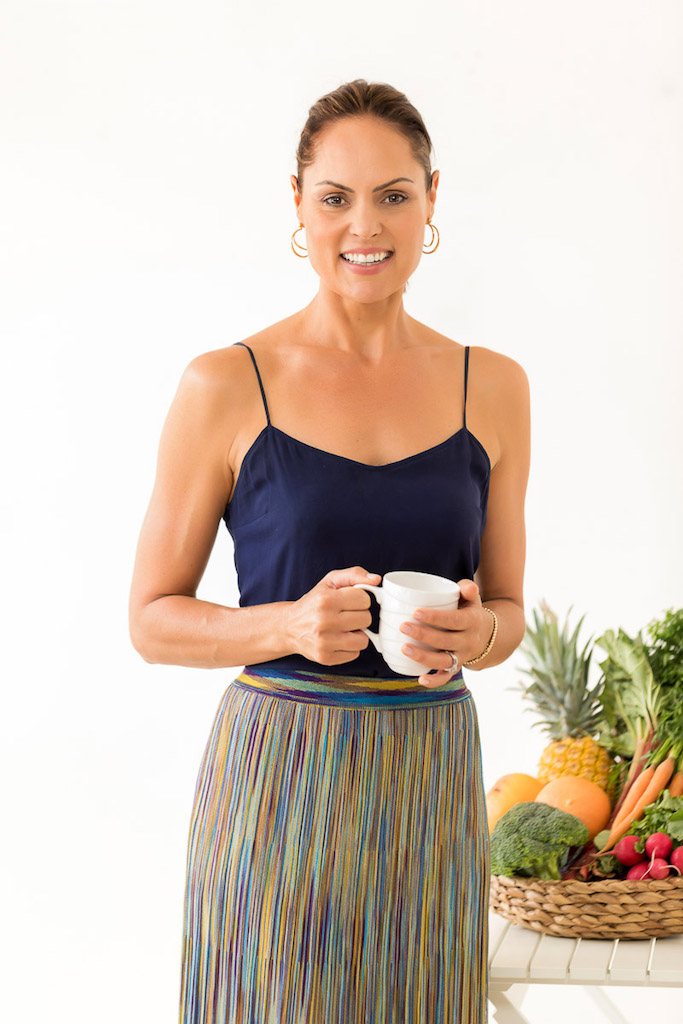Today is World Dyslexia Awareness Day (October 4). In 2019 everything has a day – World Unicorn Day (April 9), World Hug Day (January 21), World Chocolate Day (July 7) – but today is an especially important day for me because I’ve suffered from dyslexia for my entire life.
Right from the beginning I found it hard to look at a word and understand what I was seeing. I didn’t start properly reading until I was 9 and my entire school life I was behind my classmates. But it was the late 80s and that was just the way it was. I was labelled a bored student because I would always change the subject or distract my teaches and classmates when it was my time to read. The truth was, I was embarrassed. Embarrassed because I didn’t see on the page what they did.
It wasn’t until later in life, many years after I had finished school, that I was properly diagnosed. According to the Australian Dyslexia Association, Dyslexia is estimated to affect some 10% of the Australian population currently. This number is conservative, and they do believe it could be closer to 20%, as it is in the UK and Canada. Dyslexia is a neurological condition caused by a different wiring of the brain and the most common cause of reading, writing and spelling difficulties. There is no cure for dyslexia, however there are solid coping strategies that you can learn, and with awareness, comes the removal of stigma.
My mind is different, I have a somewhat photographic mind and even to this day I must really focus on the sounds or the constructs of a word. That’s perhaps why I gravitated towards cooking; the one place that consistently made me feel like I belong was the kitchen. Unlike school, making meals was a subject that felt natural for me to be involved in, and something I could easily do. Having dyslexia didn’t limit me in achieving my goals, it just means when I’m memorising a script for television, reading through a run sheet before I go on-air for radio, or even reading a bedtime story to my daughter I have to concentrate on each word and take it in my own time. Early detection is key, that’s why when my daughter Emily was very young I made it a priority to listen to how she reads words, sees letters and writes them down, always checking for the signs that perhaps her brain is wired the same as mine. There is no stigma, but there is a way forward.
Zoe xo
